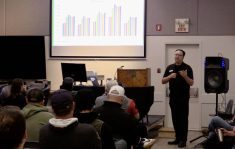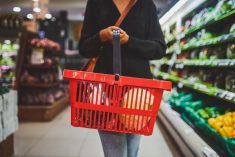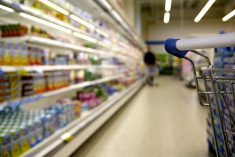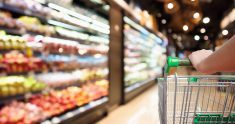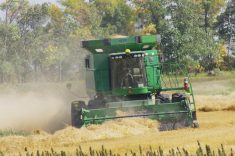Government efforts to control prices, now that food inflation has risen to the top of political agendas across the globe, may hamper a needed increase in supplies, a Cargill director warned Feb. 15.
Paul Conway, senior vice-president and board member with the U.S. agribusiness and trading giant, said it was clear that political instability in the Middle East was linked to food inflation and that the issue was set to be at the top of the G20 agenda.
“The good news is we believe we will see increased investment in infrastructure. We will see increased research and development investment to improve yields, a second green revolution if you like,” he said.
Read Also

AAFC organic research program cut
Canada’s organic sector says the loss of a federal organic research program at Swift Current, Sask., will set the industry back.
He was wary, however, of any attempts by governments to hold down prices to help the urban poor, noting their needs were often given priority over those of rural farm communities.
“Usually the urban poor trump the rural farm community because they have this tendency to riot. Governments worldwide tend to fix prices so the signals the marketplace needs simply do not get through to farmers,” he said.
Conway said he was encouraged that Russia was one of only a few governments to impose an export ban during the current surge in food prices, in contrast to the 2007- 08 crisis.
“In 2008 there were many governments around the world that did that. There is a realization that that type of action in the short term may help your domestic audience, (but) in the longer term it is counterproductive,” he said.


